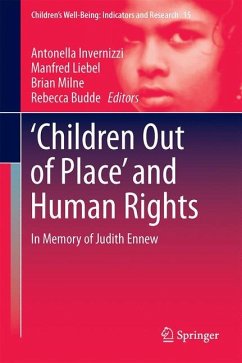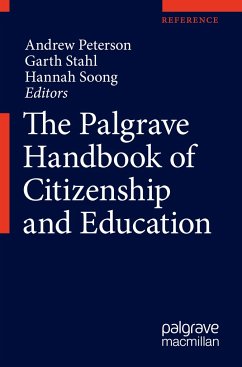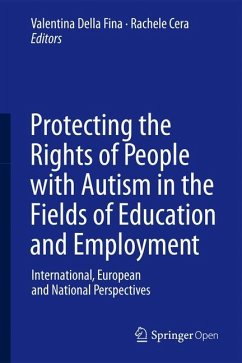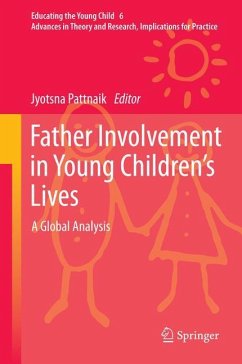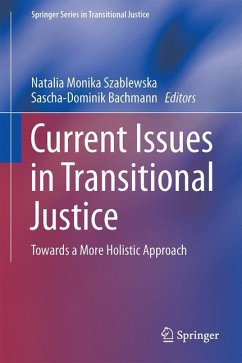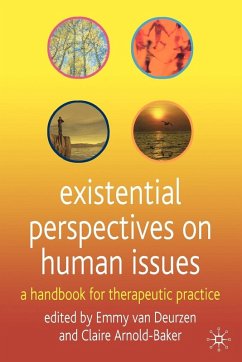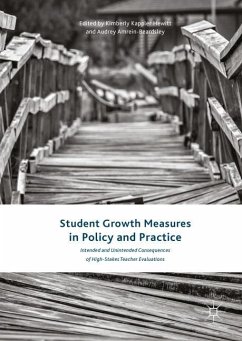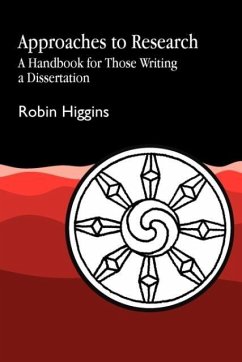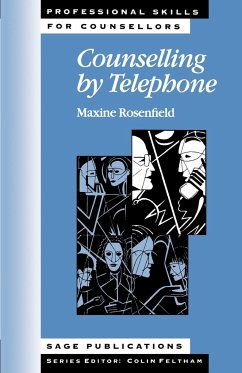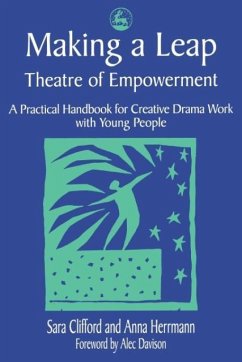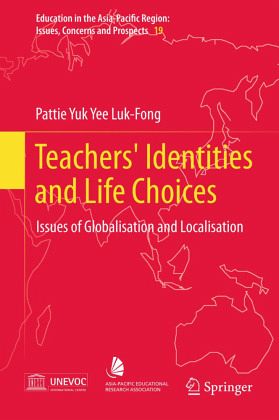
Teachers' Identities and Life Choices
Issues of Globalisation and Localisation
Versandkostenfrei!
Versandfertig in 6-10 Tagen
76,99 €
inkl. MwSt.
Weitere Ausgaben:

PAYBACK Punkte
38 °P sammeln!
This book discusses issues related to teachers' identities and life choices when globalisation and localisation are enmeshed. It examines how competing cultural traditions and contexts acted as resources or/and constraints in framing teachers' identities and their negotiations in the family and the work domains according to their gender positioning, their roles in the family such as husband, wife, father, mother, brother, sister, son and daughter and roles in the school such as principal, senior teacher or regular teacher. Contrary to an essentialist approach to identity and culture, teachers'...
This book discusses issues related to teachers' identities and life choices when globalisation and localisation are enmeshed. It examines how competing cultural traditions and contexts acted as resources or/and constraints in framing teachers' identities and their negotiations in the family and the work domains according to their gender positioning, their roles in the family such as husband, wife, father, mother, brother, sister, son and daughter and roles in the school such as principal, senior teacher or regular teacher. Contrary to an essentialist approach to identity and culture, teachers' stories show that their identities and life choices were hardly free choices; but were often part and parcel of the culture and contexts in which they were embedded.
Teachers' identities are found to be fluid, complex, hybrid and multifaceted. Using Hong Kong as a case study, this book provides not only traces of the continuity and changes of Confucian self and cardinal relationships but also a glimpse of how educational reform as neo-capitalist discourses in the workplace interacts with Confucian cultural traditions creating new hybrid practices (problems or possibilities or both) in the school and in the daily lives of teachers.
Teachers' identities are found to be fluid, complex, hybrid and multifaceted. Using Hong Kong as a case study, this book provides not only traces of the continuity and changes of Confucian self and cardinal relationships but also a glimpse of how educational reform as neo-capitalist discourses in the workplace interacts with Confucian cultural traditions creating new hybrid practices (problems or possibilities or both) in the school and in the daily lives of teachers.




